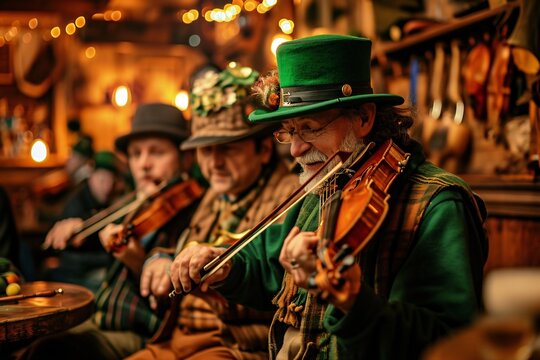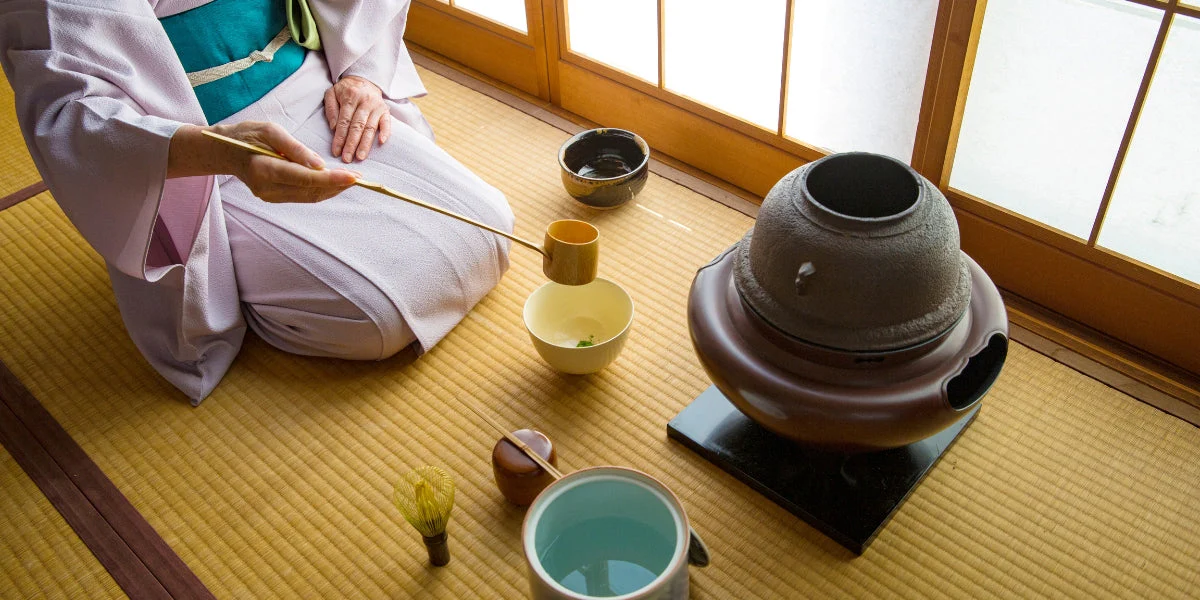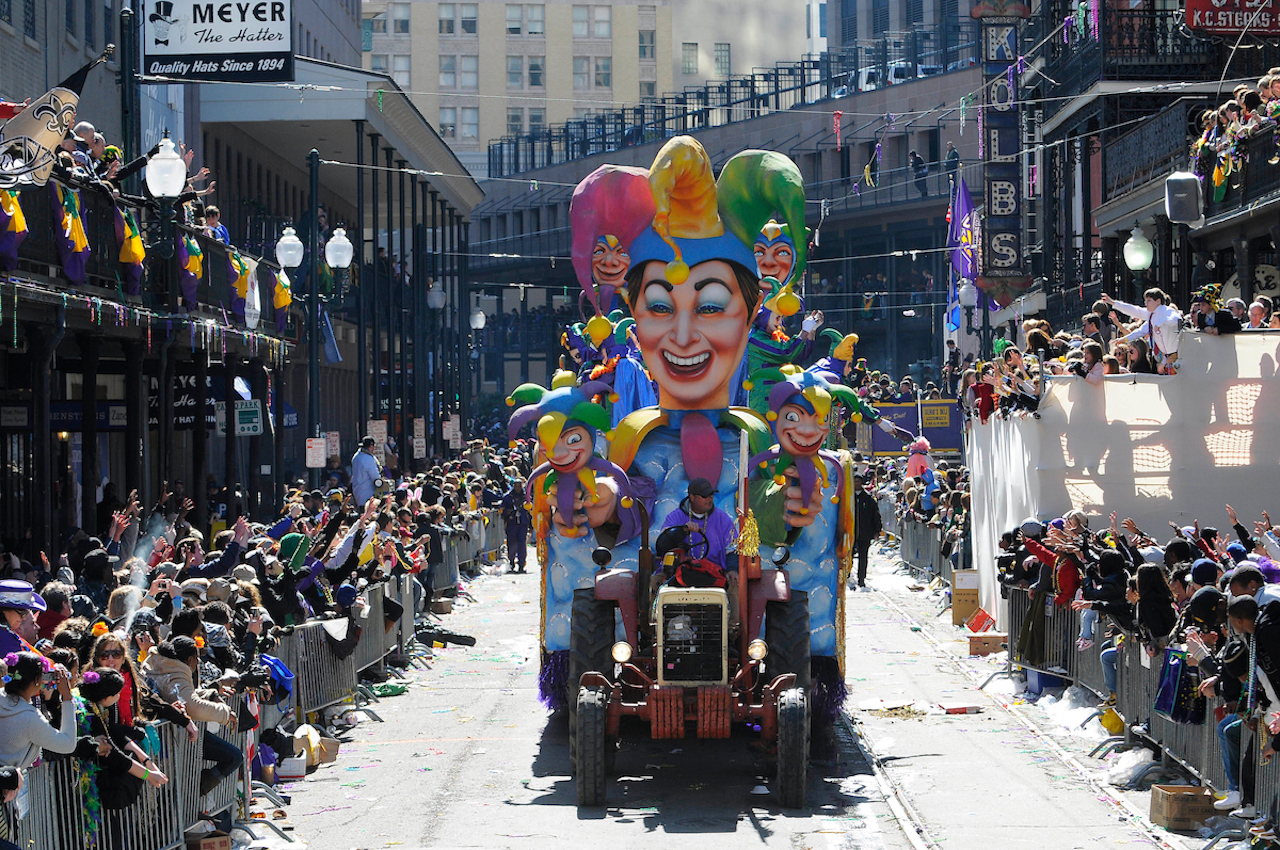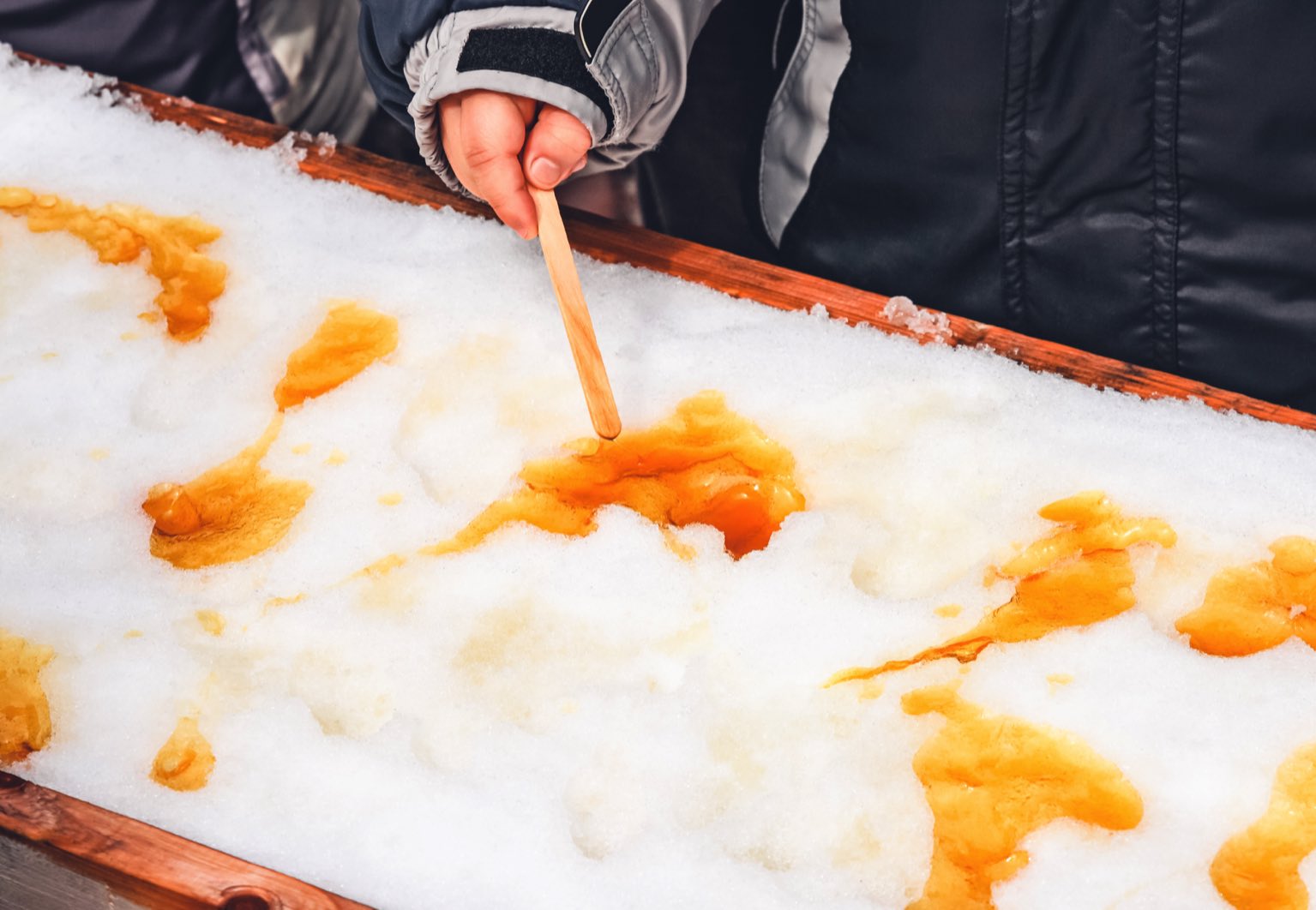pokomde.info – Irish folk music is a vital and enduring aspect of Ireland’s cultural heritage. With its roots tracing back through centuries of storytelling, dance, and community gatherings, Irish music remains a vibrant and integral part of the country’s identity today. If you’re curious about this captivating tradition, there’s no better way to experience it than through intimate music sessions and live performances that bring the sounds of the Emerald Isle to life.
The Heartbeat of Irish Folk Music
At the core of Irish folk music lies a deep connection to the landscape, history, and spirit of the Irish people. For centuries, the Irish have used music as a means of storytelling, cultural expression, and social cohesion. The tunes often reflect the beauty of Ireland’s countryside, its tumultuous history, and the lives of ordinary people. From jigs and reels to ballads and slow airs, each piece has its own story to tell, and the music is passed down through generations in an oral tradition.
Unlike many other forms of music, Irish folk music often emphasizes group participation. It is not just something to be watched; it’s meant to be shared and celebrated, whether that’s through informal sessions in a local pub or grand performances in concert halls.
Traditional Instruments of Irish Folk Music
Central to Irish folk music are a range of traditional instruments that give the sound its distinctive character:
- Tin Whistle: A simple yet evocative instrument, often the first that children in Ireland learn to play. Its sweet, high-pitched tone is a hallmark of Irish folk melodies.
- Uilleann Pipes: The Irish bagpipes, with a more mellow and complex sound than their Scottish counterparts, are a defining feature of many traditional Irish compositions.
- Fiddle: The Irish fiddle is one of the most iconic instruments in the tradition, often playing fast, lively tunes such as jigs and reels, but also slower ballads.
- Bodhrán: A handheld drum that provides the rhythm, the bodhrán is essential in creating the driving pulse of traditional Irish music.
- Flute: The wooden Irish flute is a staple in many sessions, adding a soft, lilting quality to the music.
- Accordion and Concertina: These instruments provide a rich, harmonic texture and are often heard in faster-paced dances.
Each instrument plays a vital role in creating the communal sound that defines Irish folk music. Whether it’s a lively tune for dancing or a mournful air telling the tale of a lost love, the combination of these instruments forms a soundscape that is deeply linked to Ireland’s cultural roots.
Traditional Sessions: Where the Magic Happens
One of the most immersive ways to experience Irish folk music is through the live, impromptu music sessions held in pubs across Ireland. These sessions are the heart of Irish musical culture. Often spontaneous, they bring together local musicians—both experienced and amateurs—who sit together and play in a relaxed, informal setting.
Irish pub sessions are an iconic part of the cultural landscape. It’s not unusual to walk into a pub in Dublin, Galway, or Doolin and be greeted by a group of musicians playing a lively tune in the corner. There are no formal concerts or scheduled performances here; rather, the music flows in a continuous, informal cycle of melodies. Musicians are often invited to join the session, and the atmosphere is open and welcoming to anyone who wants to participate, whether you’re a musician yourself or simply a fan of the music.
The energy of these sessions is contagious. Locals and tourists alike sit shoulder to shoulder, tapping their feet to the rhythm and joining in with applause after particularly stirring performances. The casual nature of these gatherings means that they are often filled with playful improvisation, as musicians take turns leading tunes and responding to one another’s musical cues. For visitors, it’s a chance to witness Irish music in its purest form, with the music creating a genuine connection between musicians and audience.
Live Performances: Celebrating Irish Music on Stage
While pub sessions provide a more intimate setting for folk music, there are also many spectacular live performances that showcase the best of Irish traditional music. Concert halls and theaters across Ireland and the world host folk music performances by highly skilled professional musicians and ensembles who bring the music to a larger stage.
The Chieftains, one of Ireland’s most famous traditional bands, have performed internationally and are renowned for their ability to blend traditional folk music with modern sensibilities. Other well-known groups like The Dubliners, Altan, and Clannad have also made waves internationally, drawing crowds to concerts where they can enjoy the lively tunes and rich harmonies of Irish folk.
These performances often feature both solo and ensemble work, with dancers and vocalists adding additional layers of storytelling to the music. The concerts can range from intimate affairs to large-scale productions that fill arenas, but they all maintain the spirit of Irish folk traditions.
Irish Folk Music: A Living Tradition
Despite its deep roots in the past, Irish folk music is not a static tradition. It continues to evolve, with young musicians bringing fresh energy and influences into the fold while respecting the core elements that define the style. In fact, there’s a growing movement among younger generations to reimagine Irish folk music by incorporating elements of modern genres such as rock, jazz, and electronic music.
The contemporary scene is full of exciting new talent, with artists like The Gloaming, Lankum, and Beoga pushing boundaries while staying true to their heritage. These musicians are blending traditional Irish folk with contemporary sounds, helping the music remain relevant and accessible to modern audiences while maintaining its cultural significance.
Why You Should Experience Irish Folk Music
Whether you’re a long-time fan of traditional music or new to the genre, experiencing Irish folk music in person is a powerful and rewarding experience. The passion and emotion that musicians pour into their performances are contagious, and the community spirit of Irish folk music makes it feel like a shared celebration of culture.
By participating in a local session or attending a live performance, you’re not just listening to music—you’re engaging with a living tradition. You’ll hear stories told through music, feel the connection between the past and the present, and experience the joy that comes from a centuries-old tradition still thriving today.
Conclusion
Irish folk music is a rich, living tradition that continues to captivate audiences around the world. Whether in an intimate pub session or a grand stage performance, the music of Ireland offers a unique and unforgettable experience. Through its infectious rhythms, soulful melodies, and deep cultural significance, Irish folk music invites you to connect with the heart and soul of the Irish people. So, next time you find yourself in Ireland—or at a local Irish pub—be sure to immerse yourself in the sounds of this extraordinary musical heritage.








